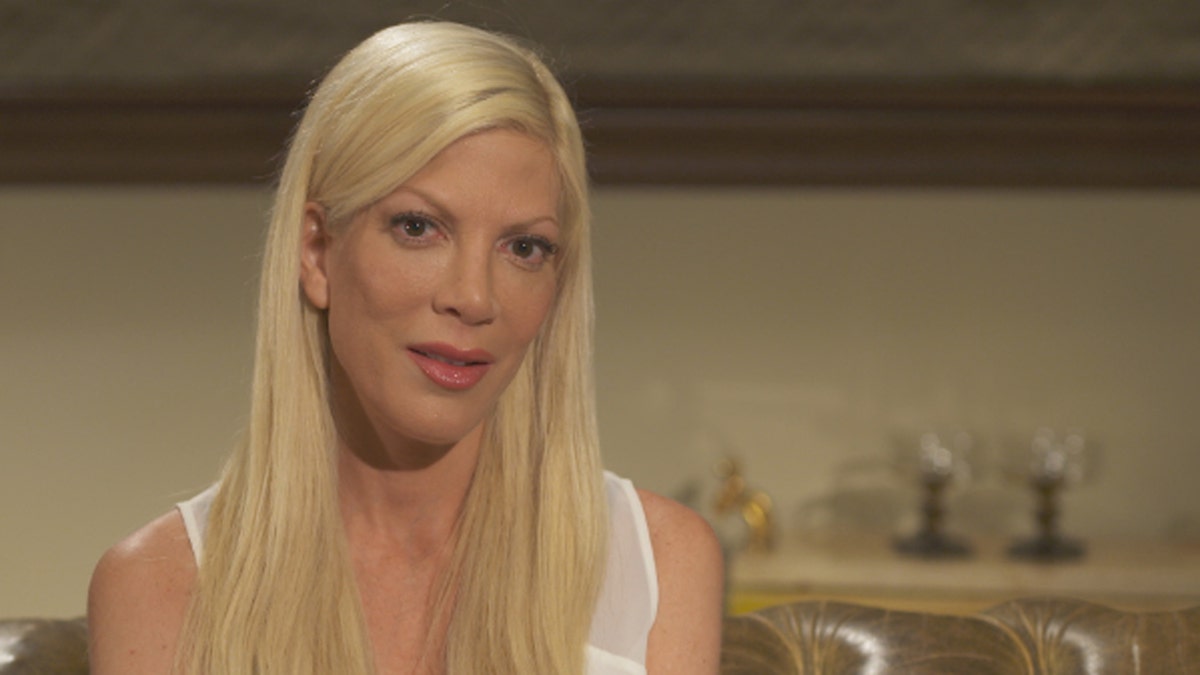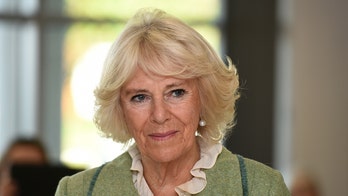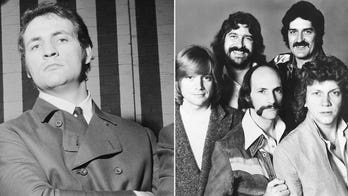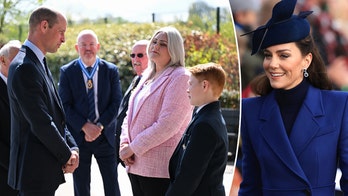
truetori
Having chosen to live so completely in the public eye, can Tori Spelling still muster an authentic emotion in front of the cameras, as opposed to looking like she’s performing in one of those old TV movies that became her trademark?
It’s a legitimate question in this context but moot watching “True Tori,” Lifetime’s docu-series featuring Spelling as the wronged woman, seeking to recover after revelations about infidelity by her husband, Dean McDermott. The actress/reality star presents this exercise as an act of self-empowerment. Actually, it’s more like Rahm Emanuel’s line about never letting a good crisis go unexploited.
McDermott, as anyone who has walked past a newsstand must surely know, was exposed as having an affair with a 28-year-old woman in December, yielding all the expected “TORI BETRAYED”-type headlines, as if there were a sale somewhere on capital letters.
So what better place to hash out their marriage’s future (which, let’s not forget, includes several young kids) than on Lifetime, in episodes shot so close to air that there was no time to make them available in advance. (OWN employed the same approach on Lindsay Lohan’s show, which has the added bonus of shielding such fare from advance scrutiny by the cynical eyes of critics.)
“True Tori” picks up with Spelling about to go greet McDermott after several months of treatment, presenting the process of turning this into a reality program as if she had no choice at all – that given all the supposed untruths sprayed into the ether about her, a show in which she held the reins was the only logical response.
“Everyone told the story of my life, except me,” Spelling explains, after the money line, “I thought our fairy tale would last forever. And then in one moment, everything changed.”
Actually, “Lindsay” and “Tori” have quite a lot in common. The paparazzi are supporting players throughout, even snapping away as Spelling seeks to wipe vomit off her kid. The premieres are so filled with banality (shopping for fabric, BS-ing with her friends, who seem to have no lives of their own), one has to be pretty engaged going in to consider this fly-on-the-wall exposure worth the investment; and because of the limited turnaround time production-wise, the act breaks are inordinately awkward and empty.
If there’s a difference, it’s the way in which Spelling uses her children as props throughout – sprinkling the show with family pictures, or taking them to get their nails done.
Clearly, the intent is to humanize the star, but it requires a good deal of charity to conjure that response. Nor does it help that the show’s signature moment – when Tori and Dean discuss the affair, his addiction, her anger – is choppily rendered because the therapist remains anonymous, forcing the use of on-air script to approximate the mediator’s role.
Spelling is such ripe tabloid fodder it’s hard to blame Lifetime for snagging what amounts to low-hanging fruit. And Spelling is such a mass of contradictions – worrying about paparazzi photographing her crying, even as she tears up on camera – some will no doubt find her story compelling, overlooking “True Tori’s” flaws.
Besides, the series does appear to represent Spelling’s version of the truth – including her early assertion that nepotism played no role in establishing her career. The claim is questionable, but those glimpses into how she sees the world are as close to interesting as “True Tori” gets.






